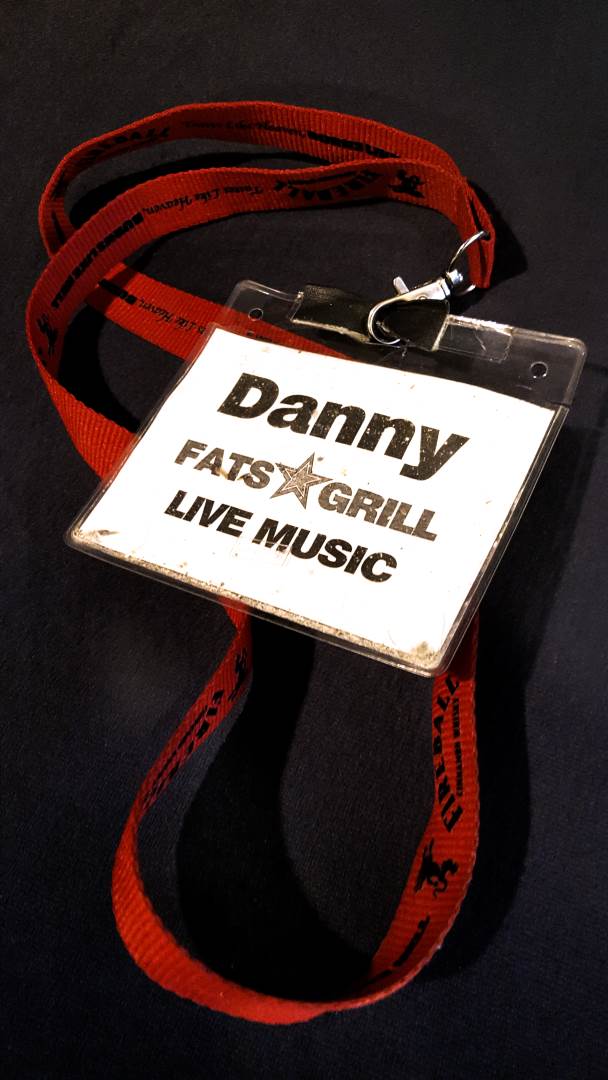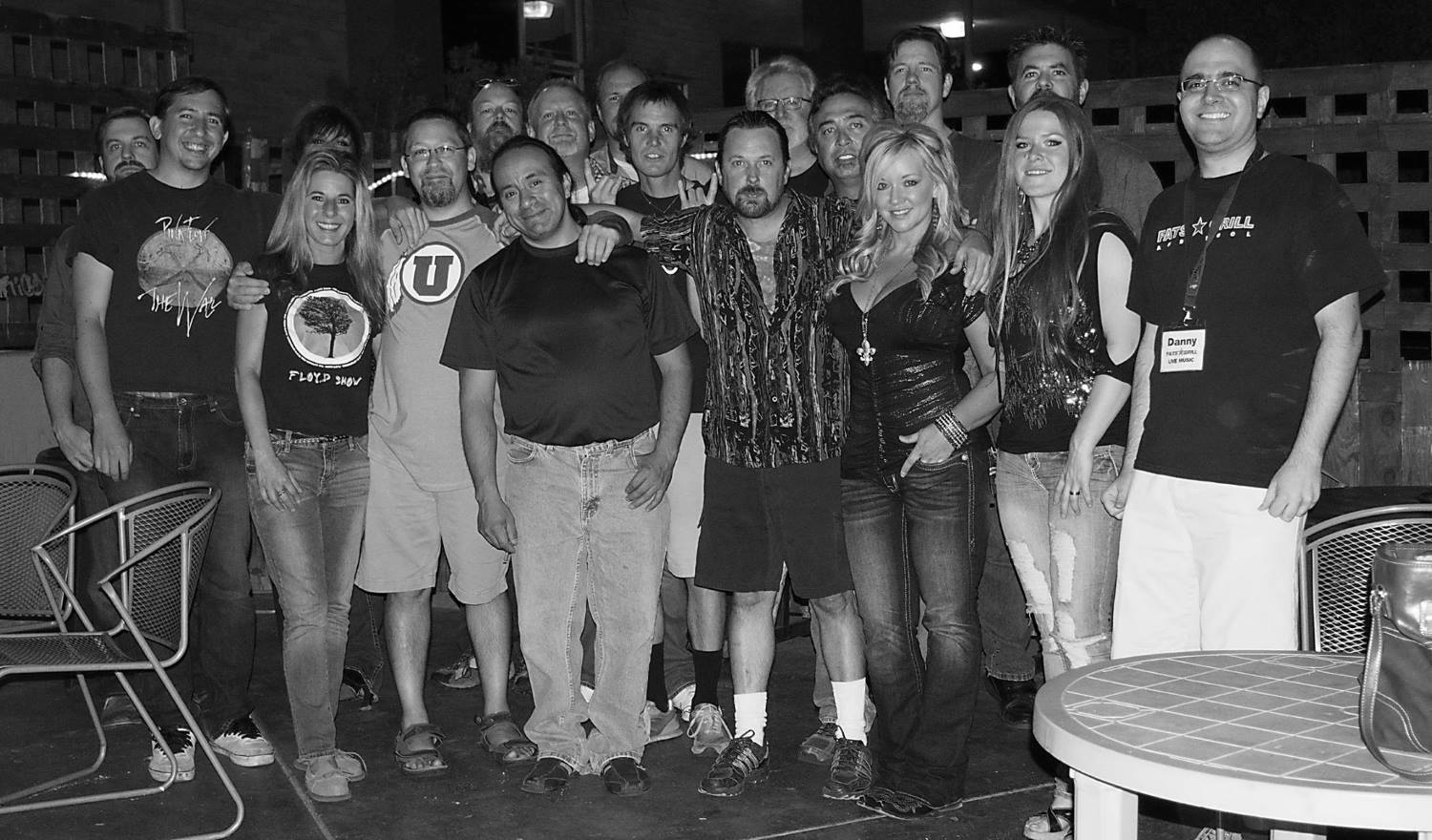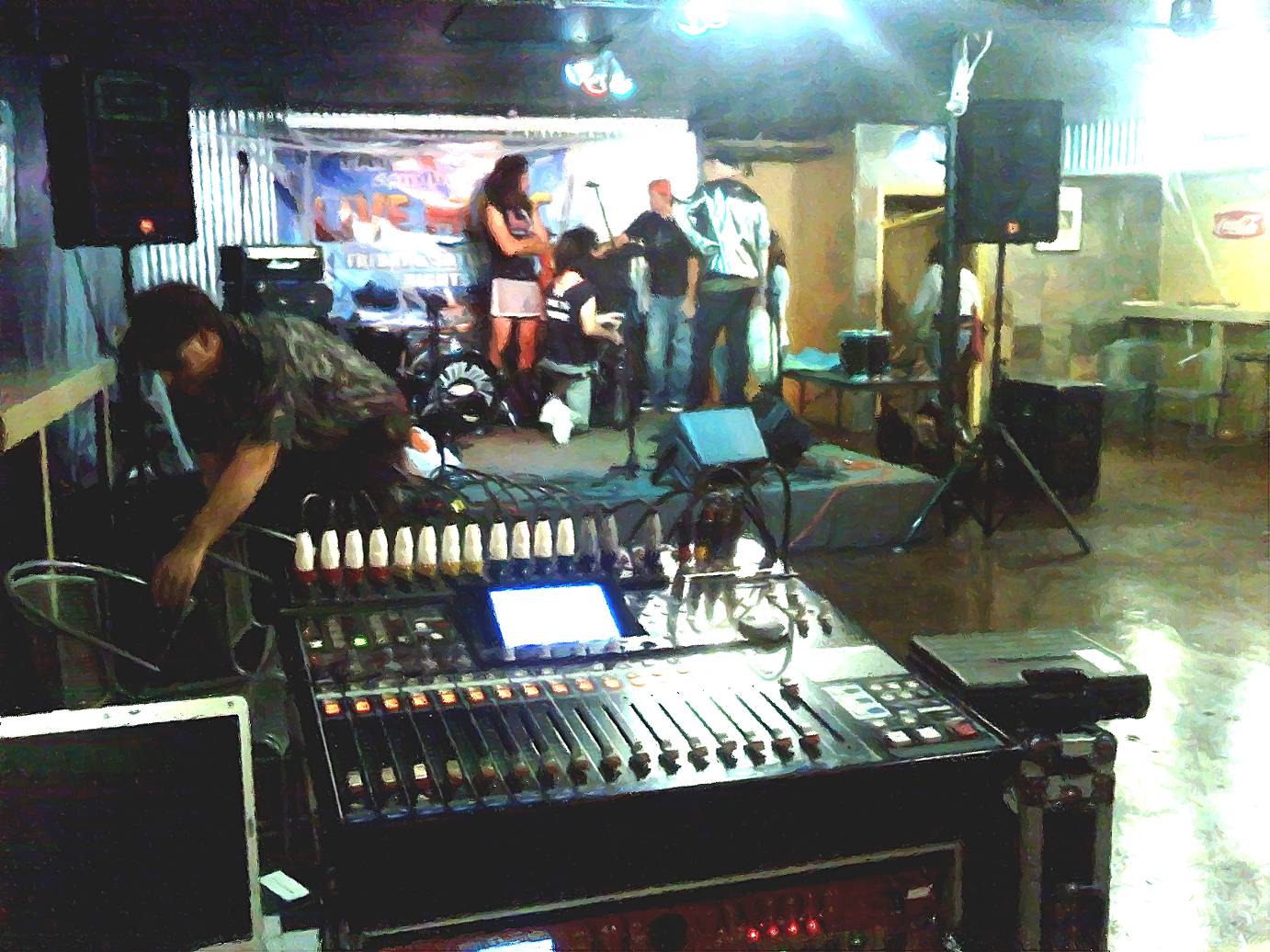Sometimes, no matter how hard you fight, you still lose.
Please Remember:
The opinions expressed are mine only. These opinions do not necessarily reflect anybody else’s opinions. I do not own, operate, manage, or represent any band, venue, or company that I talk about, unless explicitly noted.

 Want to use this image for something else? Great! Click it for the link to a high-res or resolution-independent version.
Want to use this image for something else? Great! Click it for the link to a high-res or resolution-independent version.If you’re looking to boil it down, Fats mostly died because someone else owned the building and land it sat on.
For months before the closure, we knew something was going to happen. Mishell had been told that the building was going to go away, but hadn’t been told precisely when. As I’ve mentioned before, this was not a lady who was about to go down without a major battle. As such, Mishell started looking for a new spot.
Compromise was not on the table. We were going to keep live-music going, or die in the attempt. This raised the difficulty factor considerably, because it meant that we needed a lot of space, and the right kind of space. It meant that we were NOT going to downsize. It meant that getting a move set up would take an enormous pile of time, money, and effort. We figured that we had until the spring to make it all work.
But all kinds of problems started to pile up. The stress mounted to epic proportions. And, with buildings, there’s always something. In our case, you could find a place you wanted…only to realize that the required fire-suppression system (which would be required for a new tenant) didn’t exist. Adding a fire-sprinkler system to a building is a five to six-figure affair, so landlords assiduously avoid it/ stall it/ ignore it/ dance around it. Fats, by the way, had been sprinklered on Mario and Mishell’s dime – not the landlord’s. There was no way they were going to get roped into that again, and talking a building owner into doing something that major takes some time.
As I said, we figured that we had until spring to make it all work. After all, it wasn’t likely that a demolition team was going to come by and dig in a bunch of frozen dirt.
December rolled around, and we got the news: The building was coming down in January, winter cold or no winter cold. Out of time, out of options, and exhausted from carrying Fats along, Mishell had to let the business go.
Americans have a cultural myth that we cling to. It’s the myth that working your tail off guarantees “success.” Anyone who isn’t successful, then, must not be working hard enough.
We speak this myth to ourselves because we are a frightened people. This fear is not conscious. Our terror lives, quietly, deep in the base of our psyches. It is the masked and hooded figure which quietly whispers, “Disaster may visit anyone.” Without realizing what we’re doing, we hold our torch against the muttering abyss and chant, “Disaster visits those who make the wrong choices. I am making good choices. The bad things can’t happen to me. I am working hard. I’m not like those people. I’m going to be okay.”
But our pitiful torches are very easily snuffed out, a tired hiss and wisp of smoke leaving us in the frigid black. Your choices and your effort may not be enough.
The truth is that everybody at Fats did their jobs. In the end, I can’t personally think of some metaphorical lever that would have saved the place that we just weren’t willing to pull. Mishell ran herself into the ground for the venue. I certainly feel that I put in the time and prep necessary to do shows the right way. I’m not saying that we were perfect; I AM saying that laziness wasn’t a problem for us.
You may run as fast as you know how and still not win the race.
Yet hope remains when, after that sigh of defeat, other torches spring up in the night, their owners walking toward each other. The fire-carriers speak to one-another of the myth, in words like those of Seth Godin: “If it doesn’t work, we should stop telling ourselves that it does.”
The photo above is what I saw when I went downstairs the day after our final, mainstage show. Mario had started the tearout earlier in the morning. Our small-but-mighty stage was now officially retired. The light and sound of that place were now muted, but if I dare say it, the echoes of every note played in the room continued to ring.
The tearout of the mainstage was a poignant bookend to my time at Fats Grill. It was an “in reverse” throwback to the old days, when Mario and I would have those great conversations while show prep was going on. There we were, at work again, except now our purpose was to disconnect and remove everything salvageable. I had brought my checkbook to purchase some of the items that Fats owned. Mario refused to take my money, and let me have anything I wanted.
Mario himself uttered what I think was the definitive statement of that moment:
“Every cable we pulled out was unraveling the mystery of Danny.”
There wasn’t a single thing in that room, down to an adapter, mic clip, or lighting clamp, that didn’t have a story. Everything had been put in a piece at a time, with a specific purpose as we grew and refined the production for the basement. There wasn’t so much as a screw that didn’t have a measurable quantity of our lives in it. Every mic, whether it made it out alive or not, carries some part of the history of Fats.
It’s a history shared with many people, and with both love & luck, it might be that the history of Fats is now merely the opening act of another story. I hope so.
See you around, Fats. We sure will miss you.



